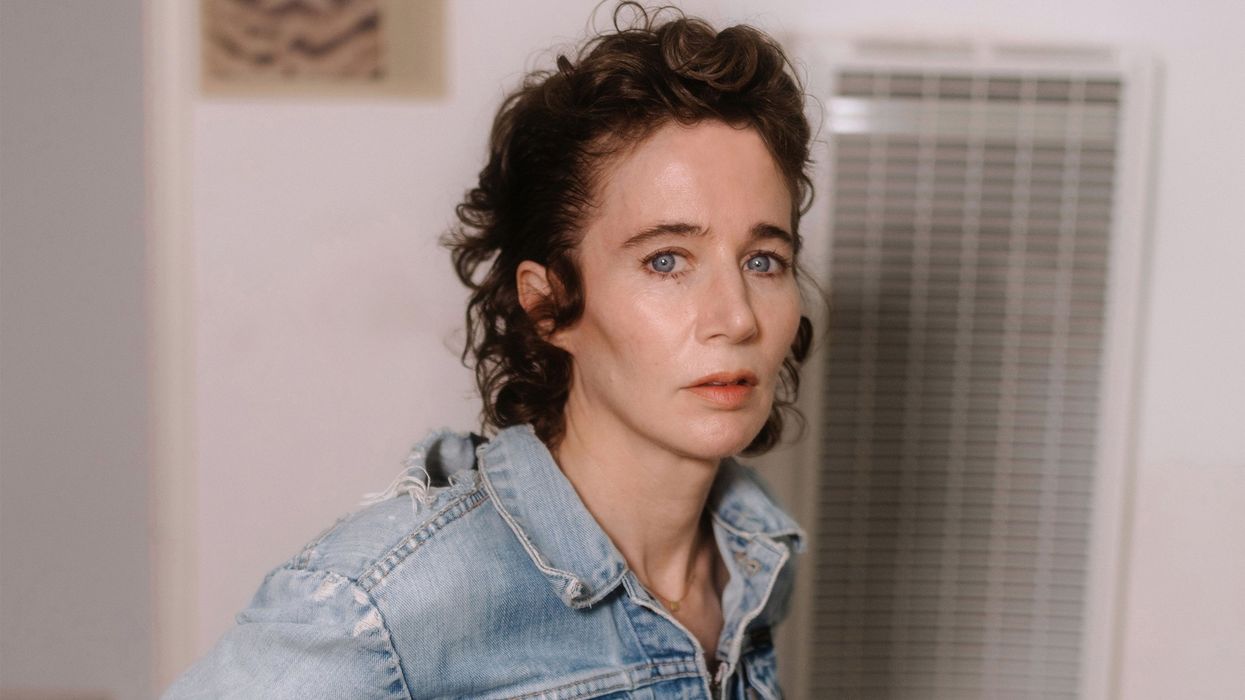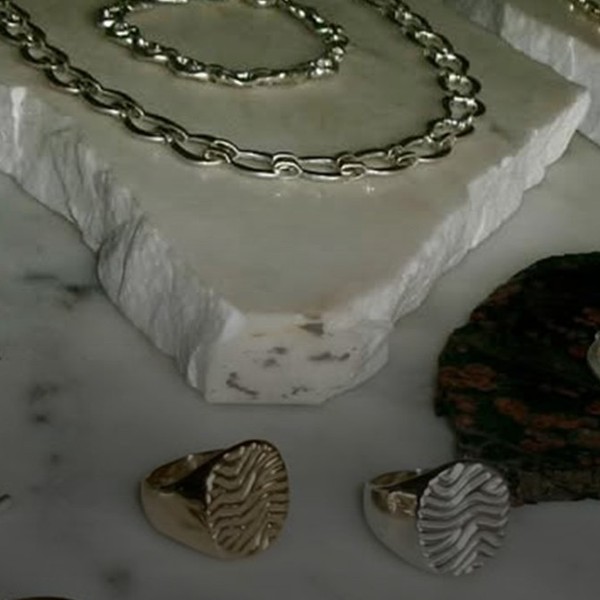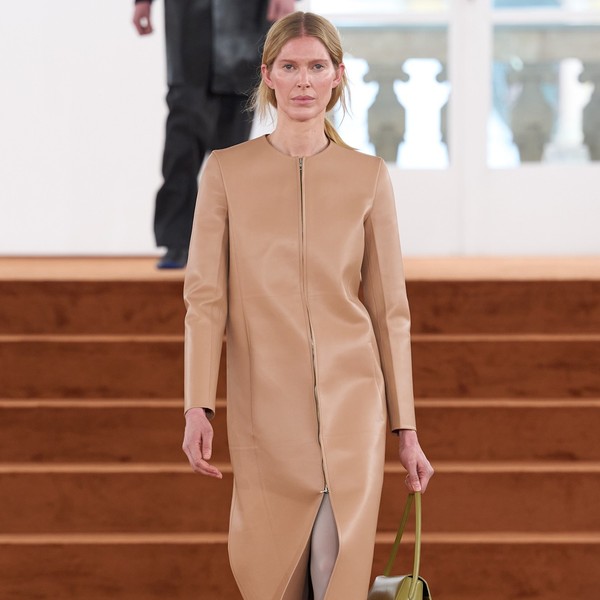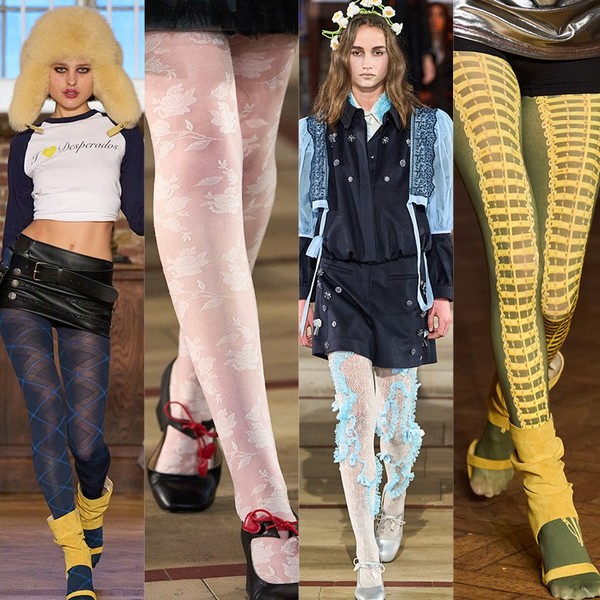Miranda July Is Saying the Hard Things
“Part of the project of this book is to actually say the shameful things.”

Miranda July’s compelling sophomore novel All Fours follows a semi-famous artist who plans a cross-country drive from LA to NYC. However, thirty minutes in (after leaving her husband and child behind), she suddenly exits the freeway, camps out at a motel called the Excelsior (where her room later becomes a place of redesign and reckoning), and unknowingly begins another journey altogether. Across four parts, July catalogs aging and agency, mothering and friendship, desire and dancing, love and romance, fame and celebrity. At the heart of the story is a woman reorienting herself in middle age, looking closer and, in turn, asking to be seen.
July is a prolific multidisciplinary artist in her own right, known for several projects like the short story collection No One Belongs Here More Than You, the film Kajillionaire, and New Society, a solo exhibition now on view at Fondazione Prada Osservatorio in Milan. She contends there were some threads between All Fours and past work, citing her debut novel, The First Bad Man, and a short story, “The Metal Bowl,” which was featured in The New Yorker. “A lot of my peers, other women writers, and artists, wrote to me in response to that short story in a way they never had before, kind of en masse—it felt like … this sense of you're not alone,” she recalls. “Fiction makes me more agile. That was the great challenge of this book: essentially write it in conversation, both in my head and by talking to lots and lots of women while I was writing it.”
Unsurprisingly, July is an adept conversationalist. We spoke about risks, time, and the process of writing All Fours. When I complimented her work, she complimented my voice, reconfirming that singularly intimate and attentive engagement with what’s right in front of her.
Coveteur: Were there any unexpected risks that you had to take to get to the heart of this story?
Miranda July: "God, I feel like all risks are sort of unexpected. It's funny in a way, the most obvious one was right there at the beginning when I was my youngest writing the book because it took four years. It was just the fact that I was going to out myself as being the age that I was. I don't want to say that, and yet, part of the project of this book is to actually say the shameful things. … I just thought it was so treacherous for us that we couldn't even say the first thing, the vain thing—because what if we're not allowed to evolve from there? We have to just say the most evolved things we can possibly think of. Then it's this world of mirrors where no one's speaking their fears, so you just get stuck in shame. So I thought, oh, this is so, so dumb. This isn't how my mom raised me. But I’m embarrassed to be this old, and I just have to go forward and work through that.
What did I think was going to happen? With any luck, you'll get older and older and then die. But I think the fear is that you will be ignored, you won't be loved, you won't be able to work, you will not have enough power to live a happy life, you will be shut out. They're actually pretty substantial things. If you go to the root fear, it all connects to sort of your fears generally: of saying the wrong thing … that you're going to be alone and somehow outside of the fold of fellowship. But I guess as we were saying, the conversation with other women made me think that I won't be [alone]—even if I'm cast out in some sense—I will be with other women, and I can get through anything with that. That actually could be a good life."
I was struck by the role of friendship in this book. Even in the more romantic or sexual relationships, I sense deep moments of friendship—of just being—which I think the narrator ultimately wants. Then, of course, there is the moment when the narrator consults her friends about marriage and her enduring friendship with Jordi. What were you hoping to show about friendship at this point in the narrator’s life? What friends inspire your art?
MJ: "I felt that married couples often become very siloed. Someone I was talking to the other day who read the book said it used to be that when we were dating, we would tell our friends all the nitty-gritty details of sex … and then once you're partnered up, [saying] that is a betrayal. Especially maybe in a heterosexual marriage, it's a betrayal of the man. Not to just fully gender everything in the broadest way, but we're talking about women and their intimacies, and so it's a betrayal of the man. I was like, well, that's just not right.
The book, in a way, asks whether there might be more of you in those friendships. You might be storing more of yourself there than in your primary relationship. That was a question the narrator was weighing: Could you live entirely in the place you enjoyed vacationing in if the friendship was the vacation—or was that foolhardy? … The fact that we're doing marriage the same way is weird to me. But that's how I came about it in the book through these conversations and her trying to figure out what other people were doing.
I was having those conversations, and meeting with my friend Isabelle—who the book is dedicated to—every week. Because it was the pandemic, she was the only one I was seeing [in person] for a few years. It was just this ongoing conversation with her. She was talking about her work, which was a series of sculptures, and I was talking about All Fours. There was this moment of great reveal at the end when we finished."
"Could you live entirely in the place you enjoyed vacationing in if the friendship was the vacation—or was that foolhardy?"
Speaking of which, Jordi delivers this line about one of her sculptures: 'Everyone thinks doggy style is so vulnerable, but it’s actually the most stable position. Like a table. It’s hard to be knocked down when you’re on all fours.”'Was this the genesis for the book’s title? Why All Fours?
MJ: "It's funny. I thought of the title a little bit before I knew it was the title. I vaguely applied it to a couple of things. A few months later, I really started the book in earnest, and I was like, 'Oh, this is All Fours.' Then I started spending a lot of time with Isabelle, and she actually made that sculpture. It's not in the same material as in the book, but she made a woman on all fours. I think she said something like that. I pointed that out later when she finally read the book, and she was like, 'Nah, I loved that idea, but I feel confident I didn't say that.'"
So it just felt inherent to call the book that?
MJ: "Yeah. We had talked about how it's like a birthing position, too. I mean, I wrote a much longer thing about crawling and being on all fours. There's a quote from the [late] artist William Pope.L that went something like, 'If you're not drunk … or crawling to Jesus, what the hell are you doing?' He very famously did these crawls across Manhattan. I also had a crawl in my last movie. So it was something on my mind—the kind of power that was not hierarchical, just get low, get closer to the earth, get closer to yourself."
On that note, so much of what the narrator seems to be grappling with is the unknowns—physically and emotionally—as she navigates middle age. As a reader, I felt that part of reclaiming meant her understanding her own body and its wants and complexities. You touch on dancing and desire, the way the body holds trauma with experiences like Fetal-maternal Hemorrhage to perimenopause. At one point, you write, “Without knowing it, without really understanding it, I had been a body for other people, but I had not gotten to have one myself. I had not participated in the infuriating pleasure of wanting a real and specific body on Earth. … Wanting a body had a seriousness to it.” What was it like to write about the body so intimately, and does it feel different to write about the body versus talking about it physically?
MJ: "Gosh, I guess it does because you're alone with your body. Your body is who you're with. I think often, when I'm with someone else, I don't exactly know how to stay in my body. I'm hovering in the air between us or something.
It's one of those things where you can write something quite nice and then realize it’s not true. There's beauty with the body, but often, if you're going to write truthfully, it isn't beautiful in the way that has been described to us again and again. I tried to catch myself a lot of times and get out of these well-worn grooves. Even if all the words are new that I'm choosing, [I] could still end up somewhere well-trodden. I think some of that was just time—I had to outgrow certain conclusions. … I was writing into the story and had to live in my body. My first conclusion, or desire, wasn't ultimately my deepest desire or the thing I was most curious about. That took really sticking with myself."
"The weird trick that if you divulged more of yourself in your work, then a stranger could know you in a way."
What did the narrator teach you about really knowing people?
MJ: "You can sort of see this in All Fours: the people who she feels seen by are unexpected. They're not always the obvious people, and that's partly because it’s very hard for people to find you—like the people who might call to see you—if you're not being yourself. That [idea] of she's more herself and her work. There's also a bit of a theme of fame and celebrity in this book: the weird trick that if you divulged more of yourself in your work, then a stranger could know you in a way. But that was so incredibly unsustainable and a good starting point for the book: that's not a solution, that's a problem."
So, if you were to go into room 321 at the Excelsior and meet your narrator, what would you say to her?
MJ: "Hmm. I guess I would want to say, 'I know everything feels wrong, but you're doing a good job.' It's funny. I was listening to a podcast this morning, and they were talking about the acronym RAIN, which means recognize, affirm, investigate, and nurture. I was like, check, check, check, and then at the nurture part, I was like, whoa. I never remember to nurture. I nurture other people, but the idea you might tell yourself that—it’s [like an] affirmation in a movie or something. … but there's stuff in [All Fours] about a kind of badness: about being a bad woman and being cast out. This witch-like feeling. I've talked about it with friends, and everyone has their own little take. I was telling a friend [this], and she was like, 'Oh, mine's that I'm wrong. I'm not bad. I'm just wrong about stuff.' And I was like, 'Oh, yeah, I feel like I'm right. I'm just bad.' It’s an interesting question, but I guess I obviously loaned my narrator the badness, so I’d try to give her the 'N'—nurture."
This interview has been edited and condensed for clarity and length.





